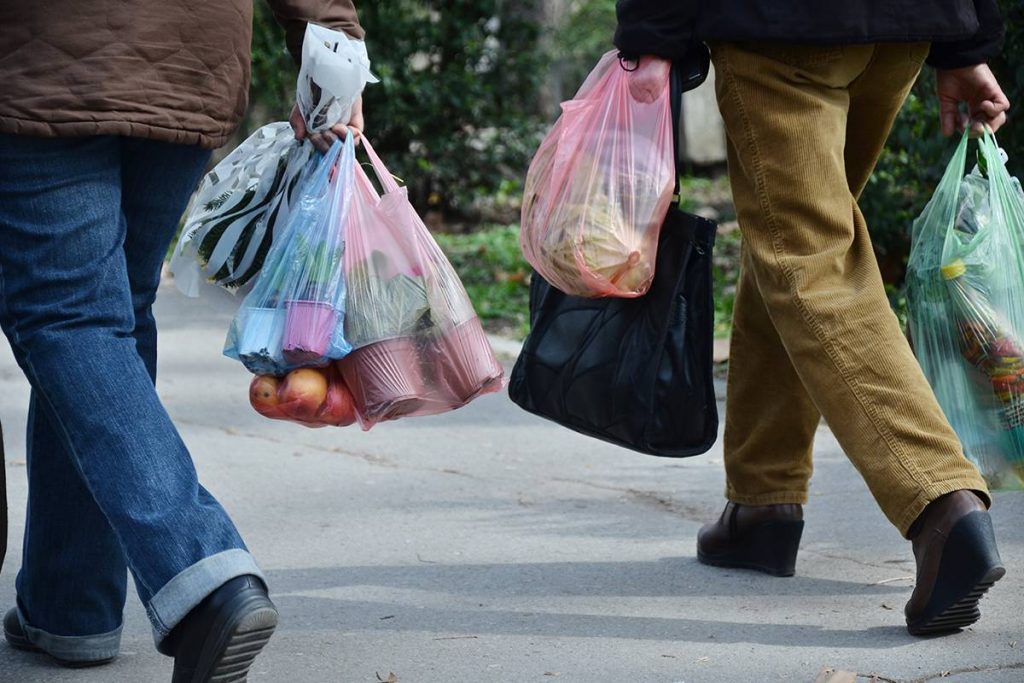
A little over a year on from the introduction of the single-use carrier bag charge, UK supermarket giants Tesco has announced that an estimated 1.5 billion have been saved by its customers in England.
The figures published show a 72% fall in the number of single-use plastic bags being used at Tesco stores. It is also reported that 57% of customers who use Tesco’s delivery service are reportedly choosing the ‘bagless’ option. These savings not only represent a change in stores around the country but also a change in local communities thanks to the ‘Bags of Help’ initiative. The initiative was set up by Tesco in an effort to help fund community projects and so far has helped over 1,170 projects get underway. The programme has invested funds of almost £12m in the form of grants ranging from £8,000 to £12,000.
George Gordon, Tesco UK & ROI communications director said: “We’re encouraging our customers to use fewer single-use bags, so these figures are really encouraging. Also, the money raised from our customers buying bags is making a big difference to local communities across the country.
“Thanks to Bags of Help, nearly £12 million has been spent so far on local environmental improvement projects like parks, sports facilities, school playgrounds, and community gardens – projects that have all been chosen by our customers. Going forward, we will help customers do even more for their communities by bringing together more projects for them to vote on every month.”
It’s not only Tesco who are embracing the changes. On the 28th September, Lidl UK pledged to remove all bags from sale across all stores in England, Scotland, and Wales. The estimated savings of this pledge could total a further 63 million plastic bags or 760 tonnes of plastic.
Another supermarket powerhouse, ASDA, are also reporting on the successes of their efforts as they reveal that they will be passing £1m in profits from their scheme onto Scottish social enterprises. Marks & Spencer announced that they are also going to donate the proceeds of their own initiative with half of the proceeds going to local charities and the other half going to larger charities such as Macmillan Cancer Research.
This demonstrates the appetite to reduce plastic waste and that consumers are adapting well. As a result, this will put a greater expectation on businesses across all sectors to introduce initiatives that reduce the use of plastic and increased recycle. If your business creates waste that could be minimised or recycled and you could benefit from a Ribbex waste audit. This will help highlight ways you can improve your environmental credentials, or make financial savings. If you see this of benefit, then please get in touch and we can arrange an appointment.

